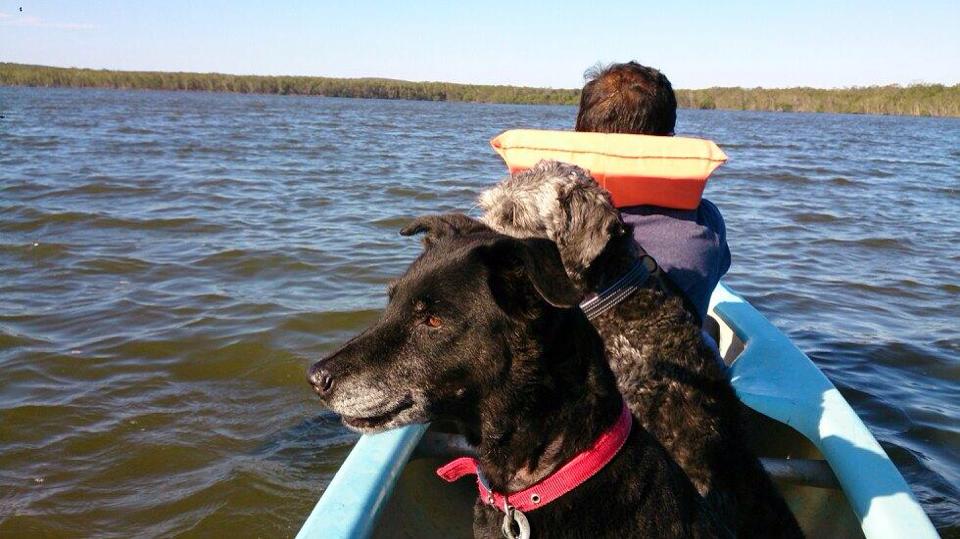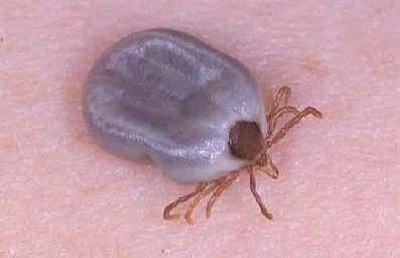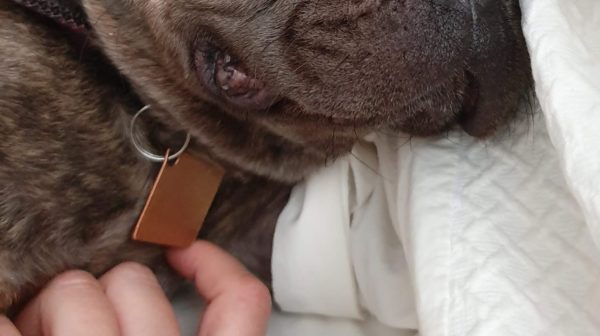Ensure Your Pets Are Safe These Holidays
With the holiday season fast approaching and the frantic Christmas rush in full swing let’s take a look at the top tips to ensure your pet has a safe and healthy holiday….just like you!

Download This “Pet Details Checklist”
Ensure Pet Sitters/Kennels/Catteries/Next of Kin Know All Your Contact Details
It’s wise to provide contact details of people that your pet’s carer can contact in an emergency.
Include all your pet’s details and veterinary/medicine details.
Consider what you want to happen if there is an emergency with your pet and you can’t be contacted. Who has the power to make decisions on your behalf?
How will vet bills be paid? Do you want your family to spend $5000 on your pet, or is your limit $500?
There is no shame in letting people know this.
Most emergencies occur at inappropriate times, so having this information ready and available on-demand can ease a very stressful situation.
Holidays are a great time to relax and have fun with your family and pets. For a downloadable Pet/Owner Detail Form and Medicine Schedule visit www.yourvetonline.com/holiday-checklist
Top Tip
Decide who you want to make decisions about your pet when you are unavailable.
For Dogs
For Cats
Pet Medical and Identity Details
Ensure your pet’s microchip details are up to date
With parties happening, fireworks and the summer thunderstorms and escapee pets are not uncommon.
- Attach a collar with your name and contact number on it.
- Consider keeping your pets in a room out of sight and traffic of the party. Provide food, bedding and toileting area.

Check Vaccination Status
The majority of kennels and catteries demand an up-to-date vaccination record or proof of antibody titre. Don’t leave this to the last minute especially if your pet hasn’t received a vaccination in some time. Vets get very busy so book early to avoid a mad rush!
Ensure Medication Supply Is Adequate
Make sure you have enough medication to take you through the holiday period when your vet may have reduced hours and days of work.
Emergency clinics sometimes do not stock routine medications.
If purchasing medications online, please use Australian based websites as these must comply with strict quality control, unlike overseas companies where there is no guarantee that what you are getting is what you think it is.
For our Australian residents, our Pet Script service can provide emergency prescriptions if you run out.
Storm and Fireworks Phobias
Visit your vet now to make a game plan for how you will handle this. There are medications your pet can receive to help relieve the anxiety they feel, but this needs a veterinary consult.
Never growl or reprimand your pets if they are showing signs of fear. This will only make matters worse.
If your dog or cat wants to hide let them, provide a safe/sheltered area.
If they want a cuddle, cuddle them.
Talk in a soothing voice.
Thundershirts suit some pets, while over-the-counter pheromone products like Adaptil for dogs are worth the investment.
Beware The Risk Of Heat Stroke In Dogs
Heat stress is a major concern especially in the heat of an Australian summer. Never, ever leave your pet in the car, even for that short trip into the shops.
It’s important to always have fresh water and shade available. Walk your dog in the cool of early morning or after dusk. Beware of hot footpaths and melted tar…if it’s too hot for your feet….it is too hot for your pets.
Dog and cat ice-blocks made with their biscuits or delectable treats (cut up sausage/tuna) are a nice cool treat for them.
Consider getting a paddling pool for your dog! Remember to run the water from the hose BEFORE wetting your dog! This water can be boiling!!
Signs of Heat Stress
- Rapid panting
- Very high body temp i.e greater than 39.5C
- Collapse, weakness, dizziness
- Bright red gums/tongue, very severe – pale gums
- Diarrhoea….maybe blood stained (haemorrhagic)
- Copious thick saliva and drool
- Vomiting, sometimes with blood (haemorrhagic)
What To Do With An Animal In Heat Stress
- Immediately cool down your pet with water
- Create airflow over your pet (fan)
- Offer a small amount of water (if still standing NOT if collapsed)
- Take immediately to the vet. This is a medical emergency.
Beware Of Wary Of Feeding Your Pet Holiday Food
Avoid Feeding Human Food
Whilst you might think you are being kind, all too often it ends up with your pet becoming ill.
Many of the foods we love can cause nasty gastrointestinal upsets from vomiting and diarrhoea to life-threatening pancreatitis.
Some foods such as chocolate and raisins are highly toxic and can even result in death.
Rubbish can also play a role especially with those pets who love to scavenge.
Bones can break teeth and get stuck in the oesophagus or further down in the intestines. They can also puncture the gastrointestinal tract or result in a nasty case of constipation.
Raw meats and rubbish can give your pets nasty bacterial infections that can also be passed onto you and your family.
Here Are Some Foods To Avoid Feeding Your Pet:
- Gravies and fatty meats (bacon, sausage, turkey/chicken skin, pork crackling) – pancreatitis
- Bones – constipation, broken teeth, GIT occlusion, GIT puncture
- Chocolate – darker the more toxic, even in small quantities
- Raisins, sultanas – can cause acute kidney injury
- Alcohol – similar issues to humans!
- Xylitol (artificial sweetener) is now in many sweets, cakes and spreads it causes a massive release of insulin resulting in profound hypoglycaemia that can result in death
- Onions and garlic can cause gastric irritation and anaemia

A roast meal for us is a delight, for some pets, the fat content is too high and can make them very ill.
Tick Prevention For Your Pet Is Crucial
Ensure Appropriate Tick Prevention Is On Board.
The paralysis tick (Ixodes holocyclus) is a killer.
It is extremely sad that such a preventable parasite disease results in many healthy dogs and cats being put to sleep on a daily basis. Distribution roughly follows a 20km band along the eastern coast of Australia. If you are travelling to a tick area it is recommended that you give your pets a product that has proven efficacy against the paralysis tick and to conduct daily tick searches ‘just in case’.
Signs That Your Pet May Have A Tick:
- Weakness, lameness, reluctance to move, unable to get up
- Change in voice – weird meow, purr, bark
- Regurgitation or vomiting
- Increased respiratory effort, laboured breathing, struggle to breathe
- Salivation, drooling
Tick paralysis is treated with anti-toxin and supportive care.
In severe cases, fluids and ventilator support may be needed. Treatment can be very costly, so prevention is far better.

A paralysis tick
You can download your pet carer checklists by clicking on these buttons:
For Dogs
For Cats
If you have a friend heading off on holiday, share this article with them so that they can download the checklists for their pet’s carers.

